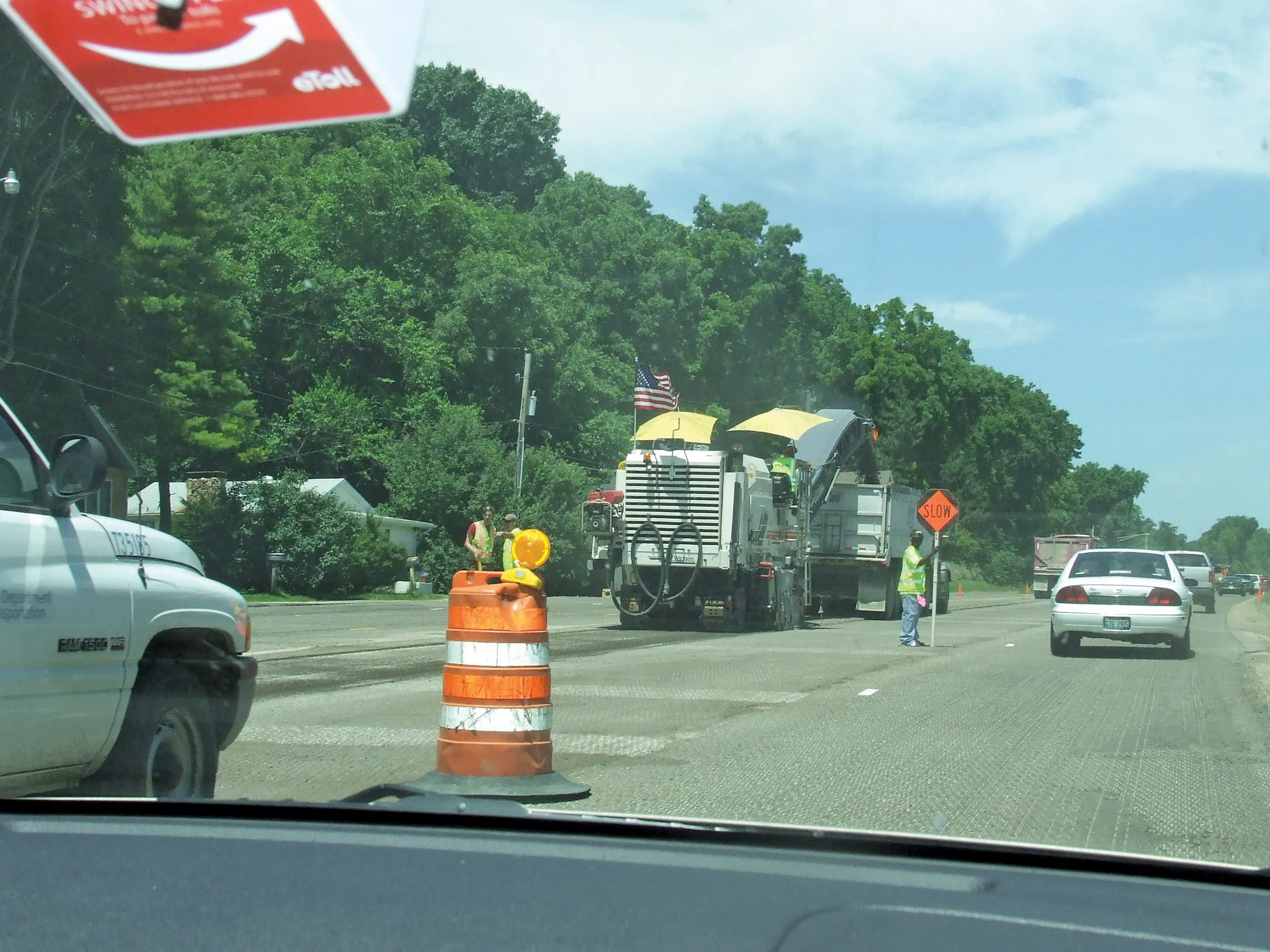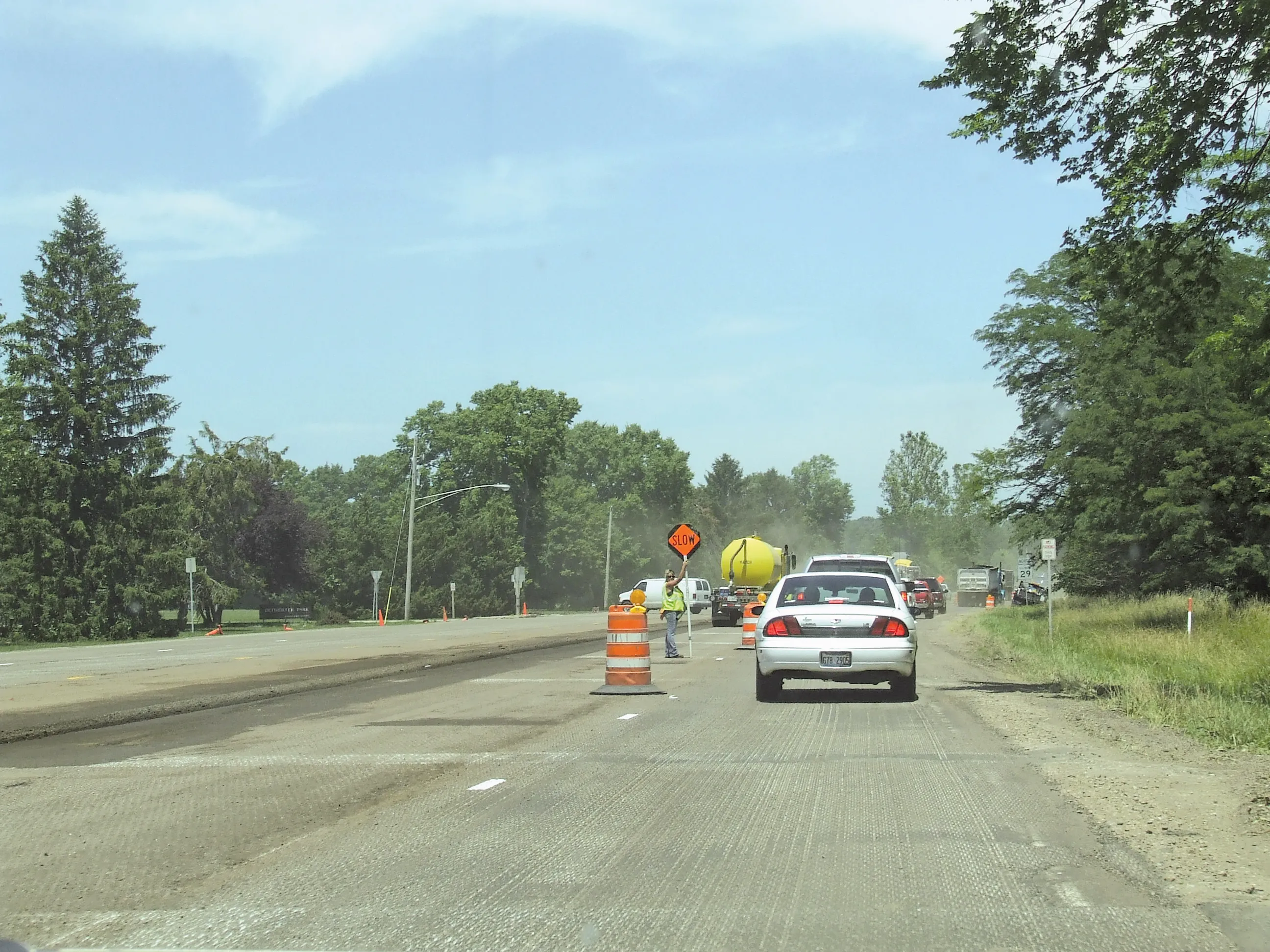
The Highway Trust Fund has for many decades funded US infrastructure development and maintenance work. This has been paid for through fuel taxation. But increases in those fuel taxes are needed for the Highway Trust Fund to remain viable. And this is something that is simply not popular politically. Many states have raised their own taxes to pay for road upgrades, but a wider approach is needed right across the US. Highway tolling is being introduced in many states with Florida and Texas amongst the leaders, and more will be needed. Changes to US laws are allowing Interstates to become tolled. But this will not answer all the issues for the US, as local routes will have to be rebuilt too. Nor is the problem limited to the US - similar issues are being seen in Europe. Germany has caused something of a furore with its proposals for charging foreign road users to access the Autobahn highway network. Critics say that this punishes non-German drivers unfairly and legal challenges have been raised.
Meanwhile in the Netherlands, some in the truck haulage sector have proposed introducing a short-term fix of distance charging, but with a level playing field that would include foreign drivers.
The Dutch Association for Transport and Logistics (TLN) wants to launch the levy sooner than the minister responsible, Cora van Nieuwenhuizen, is suggesting. Introducing the levy would create a level playing field with foreign truck drivers. Van Nieuwenhuizen wants to introduce the levy in 2023. In the UK, transport groups have suggested solutions such as community levies, more private investment and users paying to access roads, by distance, time and vehicle classification.
What is abundantly clear is that if something is not done soon, many countries will face a road funding crisis, particularly for local road construction.







